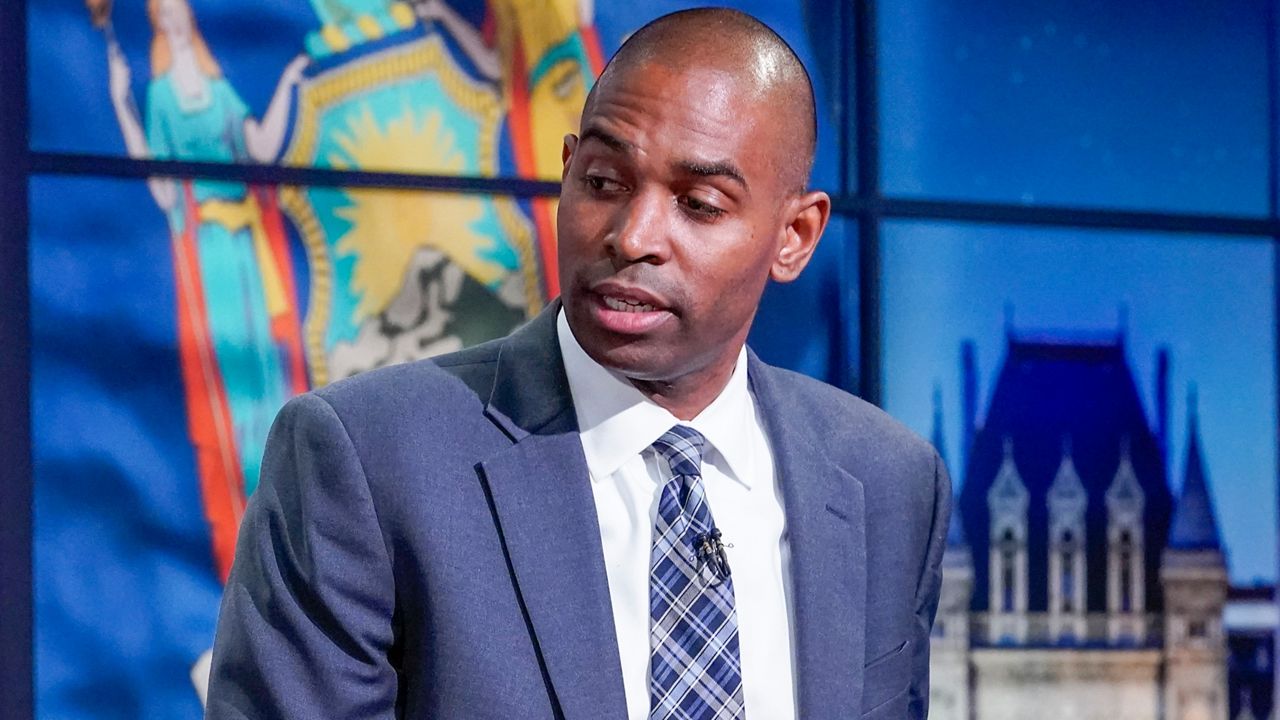As college graduation season arrives, many students are celebrating their achievements while also bracing for the reality of student loan repayment.
For Paris DeFilippis, a soon-to-be Siena graduate, the excitement of earning a degree in political science and pre-law is mixed with the knowledge of her growing debt.
“It’s a surreal feeling to graduate. But it’s exciting,” DeFilippis said.
She plans to attend law school next, adding to the $27,508.16 she already owes in federal loans.
“I will be taking out loans for living costs, and that’ll be about $20,000 a year, probably. So probably about $60,000 for law school living costs by the end,” she said.
This year, the U.S. Department of Education resumed collections on defaulted federal student loans after a five-year pause. More than five million borrowers are now at risk of wage garnishment, tax refund seizure or other collection actions if they remain in default, according to the Department of Education.
At the same time, Congress is considering a major overhaul of the student loan system that would limit future borrowers to just two repayment options: a standard fixed plan or a new income-driven plan. Current borrowers will still have access to several existing plans, but new rules could take effect for loans disbursed after July 2026.
Financial advisor George Amedore of Ameriprise Financial Services says the first step for new grads is to assess their situation.
“Coming out of college and trying to figure out what the best route is, first we want to sit down and say, OK, what’s going on in your personal life? What kind of income do you have or looking to get? What are the expenses that we’re starting to see and really define reality,” Amedore said.
He encourages borrowers to break down their debt into manageable steps and not be afraid to ask for help.
“I think the biggest thing is making sure that we’re not looking at the whole picture as something [like] a mountain that I cannot climb, right? You absolutely take this one step at a time,” he said.
Amedore notes that federal loans offer more flexibility than private ones, with options to match repayment to a borrower’s income.
“Where private loans, we usually don’t have that much control. It’s just like a bank loan. So I’m kind of subject to what the bank says versus what I want to be able to do,” he said.
As new graduates look ahead, experts say the key is to know what you owe, make a plan and use available resources to manage repayment.










